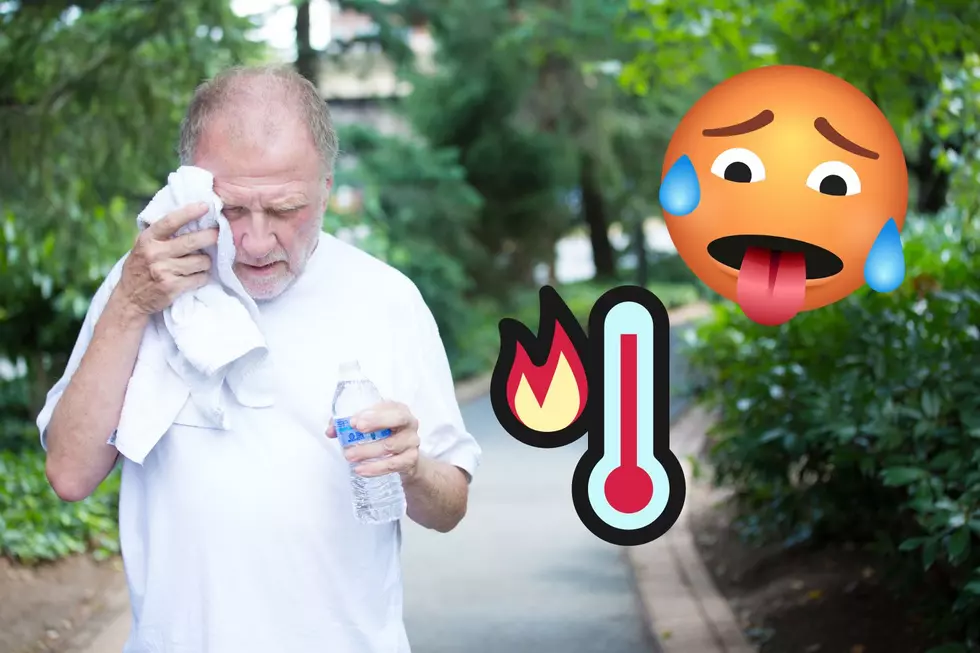
Michiganders, Prepare for a Staggering September Heat Wave
Sure, it may not officially be fall yet. It actually happens on September 22nd. However, the last couple of days for Michiganders have really felt like autumn. Cooler temperatures have already caused me to break out all my sweaters and have me dreaming of going to the apple orchard.

But it seems like now we'll have to put a pause on sweater weather and break those shorts and tank tops back out because Michigan is in for one scorcher of a heat wave.
September Heat Wave in Store for Michigan
After a brief period of high temps only getting into the mid-60s to low-70s, we're going to see them skyrocket for the next week or so.
According to Fox 47, some of the high temperatures we'll see are about 20 degrees warmer than the average for this time of year. By this time in September, we'd be experiencing highs hovering in the mid-70s. Next week, we'll see high temperatures close to the 90s.
Starting as early as today (Wednesday, Sept. 14th) we'll see high temperatures in the upper 70s. And for the next week, The Weather Channel is reporting that we won't see high temperatures drop below the 80s, with one of the hottest days being Tuesday, September 20th, with high temperatures estimated to be close to 90 degrees.
Warm Fall Temperatures
After just over a week of unseasonably warm fall temperatures, we'll see things drop down pretty drastically. High temperatures will get back down to the low 70s on Friday, after which, the high temperatures will be much more fall appropriate with highs only reaching the mid to high 60s.
If you're a big fan of summer and warmer weather, you're in luck because we've got some hot temperatures closing out the rest of the season. But if you're more of an autumn person, don't worry, because that's well on its way.
Michigan's All-Time Highest Temperatures By Month
LOOK: The most expensive weather and climate disasters in recent decades
KEEP READING: Get answers to 51 of the most frequently asked weather questions...
More From 99.1 WFMK









